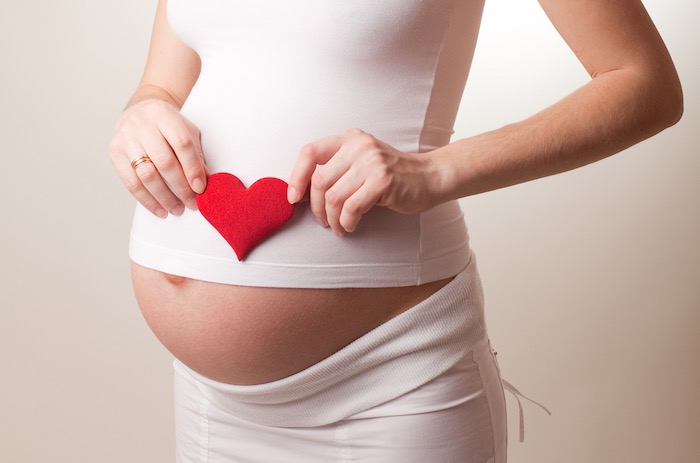Do autoimmune diseases affect fertility?
Many people suffer from autoimmune diseases. These diseases can be hard to diagnose and can impact many areas of people’s lives. Women with autoimmune diseases may be concerned that this will decrease their chances to conceive and have a successful pregnancy. A health issue like an autoimmune disease can impact one’s fertility, but that doesn’t mean women with autoimmune diseases can’t have children.
What is an autoimmune disease?
An autoimmune disease is a condition in which your immune system attacks your body mistakenly. Your immune system is supposed to fight off germs, but with an autoimmune disease, your immune system attacks healthy cells. Women are much more likely to have autoimmune diseases than men. Women get autoimmune diseases at a rate of 6.4% while men get autoimmune diseases at a rate of 2.7%. Some autoimmune diseases run in families. Some common autoimmune diseases are:
- Type 1 diabetes
- Rheumatoid arthritis
- Multiple sclerosis
- Lupus
- Celiac disease
- Grave’s disease
All of these diseases affect the body very differently. These diseases cause different aspects of the body to not work correctly. With medication and treatment, many of these autoimmune diseases can be managed. [1]

Can you conceive with an autoimmune disease?
It is possible to conceive and have a healthy pregnancy even if you have an autoimmune disease. Each autoimmune disease can cause different issues with getting pregnant and pregnancy, but with treatment, these issues can be managed. In the past women with autoimmune diseases were not recommended to have children, but with a better understanding of these diseases and medicine today women do not have to be told they can’t have children due to an autoimmune disease.
Before you decide to try to conceive with an autoimmune disease it is important to have your disease controlled. The correct medication and treatment will ensure that your disease will not impact your ability to get pregnant or your pregnancy. You need to communicate with your doctor your desire to start having children and make sure your disease is managed. Pregnancy can have unexpected effects on the body and your autoimmune disease, so it is best to get your disease in check first. [2]
How to improve your chances of conception with an autoimmune disease?
There are many ways that you can improve your chances of conception when dealing with an autoimmune disease. If you have an autoimmune disease and are either hoping to conceive soon or struggling to conceive there are a few steps you can take.
- Achieve remission: It is recommended to ensure that the symptoms of your autoimmune disease have disappeared or improved greatly for six months before pregnancy.
- Exercise: Being active and moving your body can decrease fatigue and joint stiffness for women with autoimmune diseases.
- Dietary supplements: Folic acid has been proven to reduce birth defects.
- Limit caffeine: It is recommended that women trying to conceive don’t drink more than a cup of coffee a day. Caffeine can decrease the blood flow to the placenta.
- Quit smoking: Smoking can cause birth defects and other issues with pregnancy. It is better to quit smoking before you get pregnant.
There is no reason why women with autoimmune diseases should assume they can’t have children or that they will struggle with infertility. Pregnancy with an autoimmune disease can be more difficult, but it is not impossible. Communication with your doctor is the most important step you should take when looking to start having children when dealing with an autoimmune disease. [3]
Sources:
[1] https://www.healthline.com/health/autoimmune-disorders#common-autoimmune-diseases






